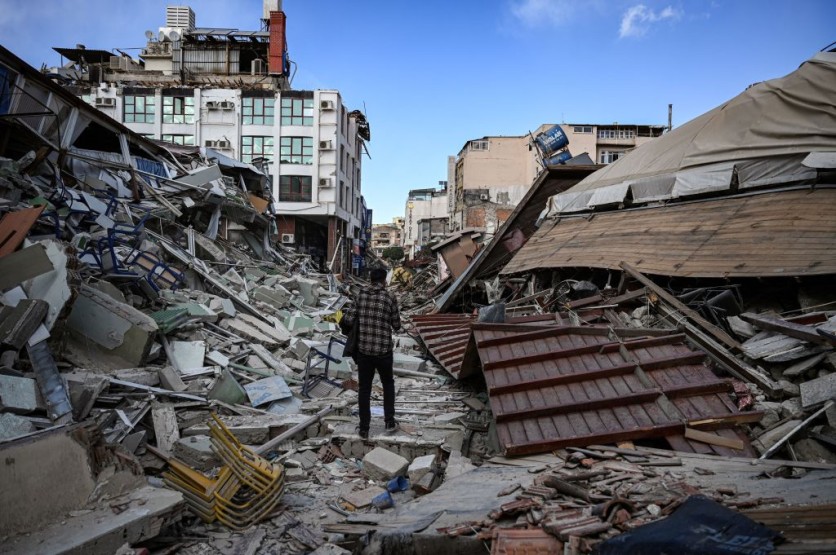The earthquake warning system designed by Google for Android is intended to issue timely alerts to ensure people have enough time to seek safety. However, concerns have been raised about its effectiveness during an earthquake that struck Turkey on February 6.

Investigating Failed Earthquake Warning System of Google's Android
None of the hundreds of individuals interviewed by BBC Newsnight in three Turkish cities reported receiving any warning before the initial tremor occurred.
According to the BBC investigation, only a "limited number" of people received an alert prior to a second tremor. The Android Earthquake Alert System establishes a collaborative warning mechanism by incorporating phone accelerometers.
By analyzing data from multiple phones experiencing simultaneous vibrations, Google can pinpoint the earthquake's epicenter and magnitude. It also promptly issues automatic warnings to individuals expected to face the strongest tremors.
While the warning lead time may be limited to approximately a minute, even such a short interval can prove critical in helping people find protective cover or evacuate. This technology holds promise in assisting populations residing in areas where traditional warning systems are not readily available.
The main concern revolves around the potential failure of the earthquake warning system during a powerful earthquake. Even if the system did function, Engadget reported there is uncertainty about the number of people who should receive warnings and how many receive them in both severe and milder seismic events.
The lack of comprehensive data raises doubts about the reliability of Android's quake alerts as viable replacements for traditional warning methods such as radio and TV broadcasts. Without a clearer understanding based on more data, the effectiveness remains in question compared to the established and widely used traditional warning channels.
Google noted that the ability to send quake alerts, which is operational in dozens of countries worldwide, is a "core" part of its Android service. According to Google, the Android system can send a warning when a magnitude 4.5 tremor or higher is detected.
Google's Response
In response to concerns, Google's Product Lead Micah Berman claimed that millions of people in Turkey did receive earthquake alerts. However, the company has not provided data to substantiate the extent of these widespread notifications.
Google presented a few social media posts from individuals claiming to have received a warning, but only one was related to the first earthquake. Berman expressed uncertainty about the lack of prominent mentions regarding the alerts on social networks.
He pointed out that an earthquake's characteristics and internet access reliability can influence the system's performance. Yahoo reported that it's essential to note that the earthquake in February resulted in the tragic loss of more than 50,000 lives.
That highlights the critical importance of reliable early warning systems and raises the urgency for companies like Google to ensure the effectiveness of their services when it comes to matters of life and limb.
During an interview in Iskenderun, Alican, who lost his grandmother when a hospital collapsed during the earthquake, told BBC that he had received alerts in the past. However, he did not receive any warning this time before the devastating initial quake struck.
Related Article : Earthquake Prediction: Study Reveals Potential Precursory Phase Hours Before Quakes Through GPS

ⓒ 2025 TECHTIMES.com All rights reserved. Do not reproduce without permission.




